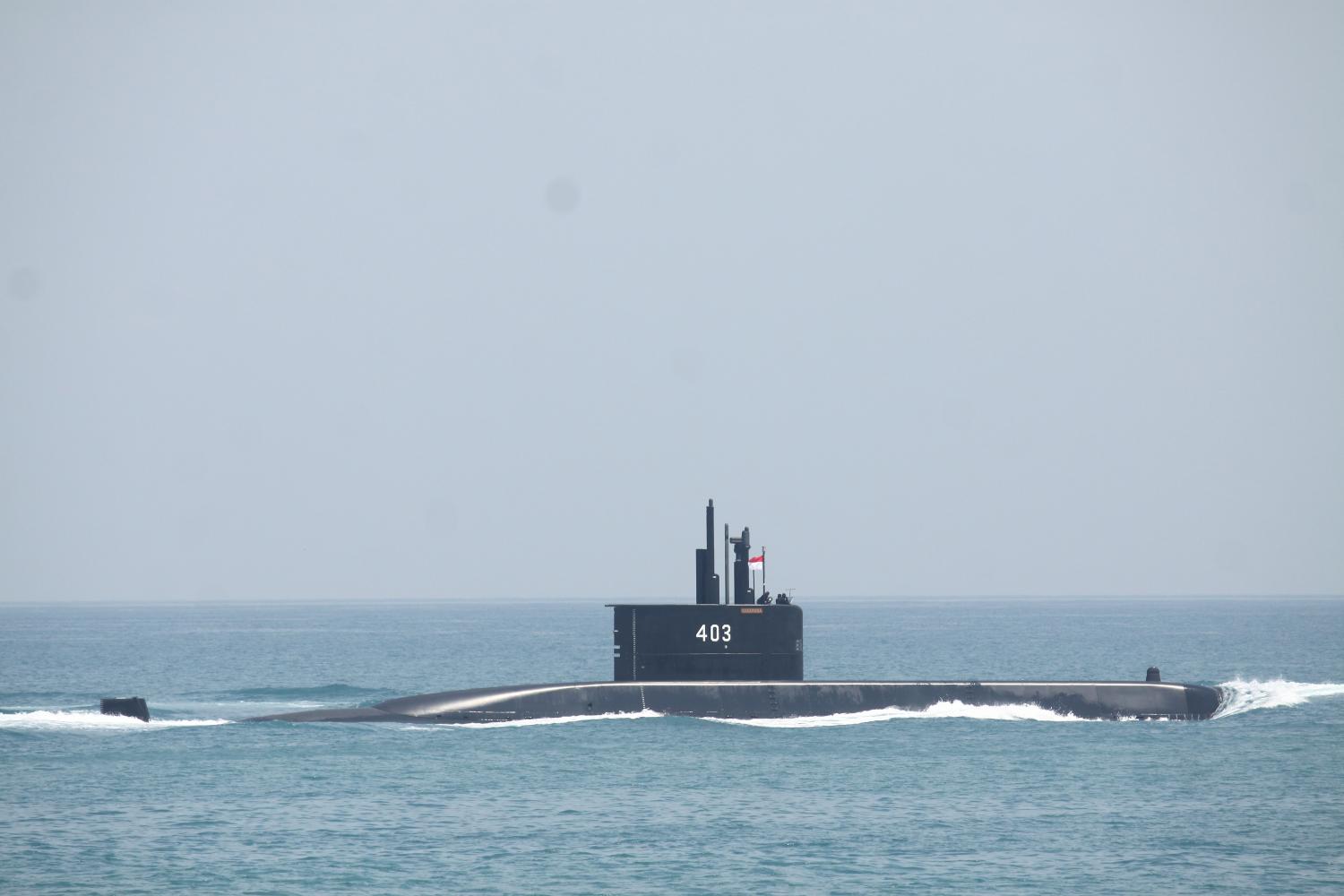This September will mark 50 years of formal diplomatic ties between Indonesia and South Korea.
Indonesia’s Ministry of Foreign Affairs has already kicked off celebrations, hosting an event in Jakarta in January. In a pre-recorded address, Indonesia’s Foreign Minister Retno Marsudi outlined a “sea of opportunities” available to the two nations, including collaboration on peace and security, tourism, green energy and new trade opportunities unleashed by a recently implemented free trade agreement.
As two prominent middle powers navigating an increasingly complex and crowded regional environment, both nations have signalled their desire to invest in a deep, mutually beneficial strategic partnership.
President Joko Widodo travelled to Seoul in July 2022 for a summit soon after the inauguration of his new South Korean counterpart Yoon Suk-yeol. And this January, Widodo welcomed a parliamentary delegation from Seoul to Jakarta, led by Korea’s National Assembly Speaker Kim Jin-pyo. The two sides also choose to engage closely at the United Nations and a variety of other mini and multilateral forums, including the Association of Southeast Asian Nations and the middle power G20 grouping “MIKTA” – involving Mexico, Indonesia, South Korea, Turkey and Australia – both of which Indonesia chairs in 2023.
As the relationship moves forward, one potential stumbling block that urgently needs to be resolved is the continued uncertainty surrounding a stalled April 2019 military procurement deal between Indonesia’s Ministry of Defence and South Korean shipbuilder Daewoo Shipbuilding and Marine Engineering (DSME).
Under the terms of the deal, three diesel-electric attack submarines were to be provided by 2026. But implementation has failed to get off the ground due to concerns over the need to reduce Indonesia’s procurement costs, and suggestions that Indonesia is not satisfied with the performance of three submarines previously delivered under a 2011 deal. Meanwhile, South Korea’s DSME risks losing out financially if the 2019 deal does not go ahead, after pre-ordering parts to fulfill the order.
Indonesia’s doubts over this partnership may have grown after the tragic sinking of its Nanggala-402 submarine in April 2021, in which all 53 crew members lost their lives. The submarine had previously undergone a major refit by DSME in 2012, a fact which some Indonesian commentators have connected to the sinking. For their part, South Korean analysts have instead pointed to Indonesian maintenance issues as a possible cause, and expressed frustration over Jakarta’s lack of financial follow-through with the 2019 agreement.
Other observers have characterised the stalled deal as consistent with Indonesia’s broader pragmatic approach to its defence procurement strategy, in which Jakarta is happy to shop around internationally for the best deal. In line with this, it is notable that in February 2022 Indonesia’s state-owned manufacturer PT PAL signed a Memorandum of Understanding with France’s Naval Group for two similar diesel-electric attack submarines.
Further evidence of Jakarta’s on-again, off-again approach to defence procurement cooperation with Seoul can be seen in a 2015 deal between Korea Aerospace Industries and Indonesia’s state-owned PT Dirgantara Indonesia. This agreement involves collaboration in the design and production of new fighter jets that Indonesia will also have the right to purchase. Indonesia put a halt on payments for the deal in 2019, only resuming them again in July 2022 after fresh negotiations saw the terms of the agreement altered in Jakarta’s favour.
It is in both sides’ interest to secure a quick resolution to the 2019 submarine deal, whether that means renegotiating terms and renewed commitment, or simply cancelling the agreement outright.
For Jakarta, resolving this issue before its 2024 elections would provide the new administration with a clean slate on which to build a middle power partnership that can contribute to regional peace and development in the decades to come. And it would also help Indonesia’s Ministry of Defence provide clarity over its vision for naval modernisation as it faces a variety of state and non-state challenges in its archipelagic waters.
Similarly for Seoul, a timely resolution of the issue would help cement the gains of its regional New Southern Policy strategy, which sought to build closer economic and political links with ASEAN states in recent years. Additionally, it would help protect South Korea’s burgeoning international brand as a producer of high-quality arms exports that are free from the political implications of procurement deals with the United States, China or Russia.
Like any major international deal, there are risks that bilateral political ties could be damaged if the issue is not dealt with sensitively and cautiously in ways that consider both parties’ expectations.
In this respect, Indonesia and South Korea could learn from the experience of another regional middle power – Australia. Canberra’s relations with Paris were set back considerably after its abrupt decision to back out of a submarine deal with France in favour of the AUKUS nuclear-powered submarine deal with the United States and United Kingdom.
But there are also risks that Indonesia’s own submarine issues could negatively impact other areas of bilateral cooperation with South Korea if it is allowed to hang over the relationship in the years to come. Ultimately, South Korea and Indonesia are too important for each other’s future to allow a single defence deal to limit the full potential of their strategic partnership.

